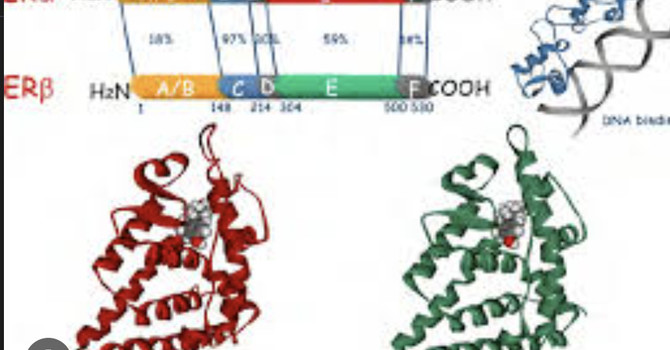
The journey through perimenopause to menopause is a significant phase in a woman's life, filled with hormonal fluctuations and changes that can impact overall well-being. While estrogen and progesterone are often the focus of hormone replacement therapy (HRT), testosterone also plays a crucial role in women's health. This guide provides a comprehensive overview of hormone testing, the importance of HRT, including testosterone, and how these approaches support health during these transitions.
Understanding Hormonal Fluctuations in Perimenopause
Perimenopause is characterized by significant hormonal fluctuations, making it challenging to obtain a clear picture of a woman's hormonal status through testing. Estrogen and progesterone levels can swing wildly, and similarly, testosterone levels can also vary, affecting mood, energy, and libido. For women over 35 experiencing new symptoms indicative of perimenopause, it's practical to assume the onset of this phase without relying on hormone tests.
Menopause: The Shift in Hormone Levels
As women transition into menopause, marked by the cessation of ovulation and menstrual periods, hormone levels typically find a new, lower baseline. This natural decline encompasses not only estrogen and progesterone but testosterone as well, which, while less discussed, significantly impacts health and vitality.
The Role of General Lab Testing
While hormone testing has limited utility in diagnosing perimenopause or menopause, other lab tests can provide valuable insights into a woman's overall health. These tests, including the CBC, metabolic panel, lipid panel, thyroid panel, and blood sugar markers, can help uncover underlying health issues. However, these tests capture a snapshot in time and should not be the sole basis for medical decisions.
The Comprehensive Approach to HRT
In my practice, the focus is on treating perimenopausal and menopausal women based on symptoms, which includes considering testosterone replacement as part of a comprehensive HRT plan. This approach acknowledges the complexity of hormonal changes and prioritizes relief from discomforting symptoms. For women, especially those on HRT, monitoring through methods like 24-hour urine tests ensures that estrogen, progesterone, and testosterone levels are adequate to prevent cardiovascular disease, osteoporosis, and support brain health.
The Crucial Role of Testosterone in Women's Health
Testosterone replacement is an integral part of HRT for many women, addressing symptoms such as decreased libido, fatigue, and loss of muscle mass. Beyond its role in sexual health, testosterone contributes to bone density, muscle strength, mood, and cognitive function, underscoring its importance in a holistic approach to menopause management.
Recognizing Symptoms and the Importance of HRT
Menopause can bring a range of symptoms, from the well-known hot flashes and night sweats to less commonly discussed issues like mood swings, cognitive changes, and sexual dysfunction. HRT, including estrogen, progesterone, and testosterone, plays a vital role in alleviating these symptoms and preventing diseases that may emerge later in life.
Conclusion
For women navigating perimenopause and menopause, a comprehensive understanding of hormone testing and the benefits of HRT, including the critical role of testosterone, is essential. By focusing on a holistic approach that addresses the full spectrum of symptoms and hormone levels, women can achieve a better quality of life during these significant transitions. HRT supports long-term health, vitality, and well-being, making it a cornerstone of healthy aging for women.
Call to Action
If you're experiencing symptoms of perimenopause or menopause, consider discussing a comprehensive HRT plan, including the potential role of testosterone, with your healthcare provider. A personalized approach to HRT can offer significant relief from symptoms and support your health goals during this pivotal time.
Dr. Anat Sapan MD specializes in menopause care offering telemedicine services in California, Florida and Illinois. Her approach combines personalized BHRT with lifestyle strategies to help women overcome menopausal symptoms and enhance their quality of life.

Anat Sapan, MD
Contact Me



